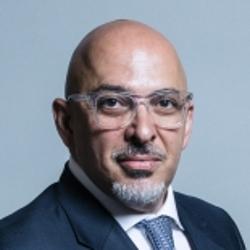Coronavirus: Vaccination
(asked on 17th May 2021) - View SourceQuestion to the Department of Health and Social Care:
To ask the Secretary of State for Health and Social Care, what steps he is taking to assess the (a) availability and (b) dissemination of covid-19 vaccine information in (i) Tigrinya, (ii) Amharic, (iii) Blen, (iv) Kibajuni, (v) KiSwahili, (vi) Tigre, (vii) Oromo, (viii) Afar, (ix) Sidayama, (x) Wolayatta, (xi) Hausa, (xii) Chichewa, (xiii) Igbo, (xiv) Pashto and (xv) other languages spoken by asylum seeker and refugee communities.
We are working closely with the National Health Service and Public Health England to provide advice and information at every possible opportunity to encourage people to come forward for vaccination when they are eligible, and support anyone who might have questions about the vaccination process, regardless of their immigration or residency status.
The Ministry for Housing, Communities and Local Government Community Champions scheme works with trusted local leaders to engage with their communities. The Government’s vaccination programme includes the use of street ambassadors to provide advice and information to local communities. The teams include ambassadors who can speak KiSwahili, Oromo, Afar, Yoruba, Akan and Somali. The programme can access additional translation support if a local need is identified.
Anyone living in the United Kingdom, including refugees and asylum seekers, can receive the vaccine free of charge in line with the Joint Committee on Vaccination and Immunisation (JCVI) prioritisation groups. Because there is no charge for the vaccine for people living in the UK, no proof of residence or immigration status is needed. NHS Regional teams, working with various appropriate local systems will reach out to unregistered people to ensure they are offered the vaccine.

